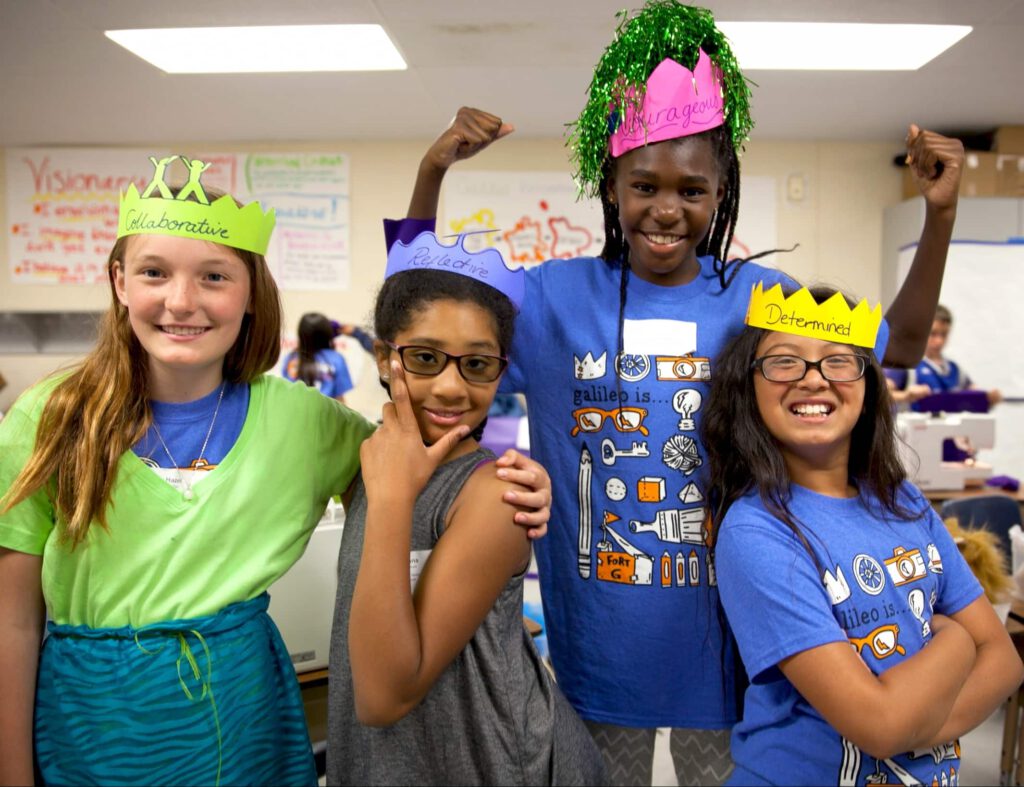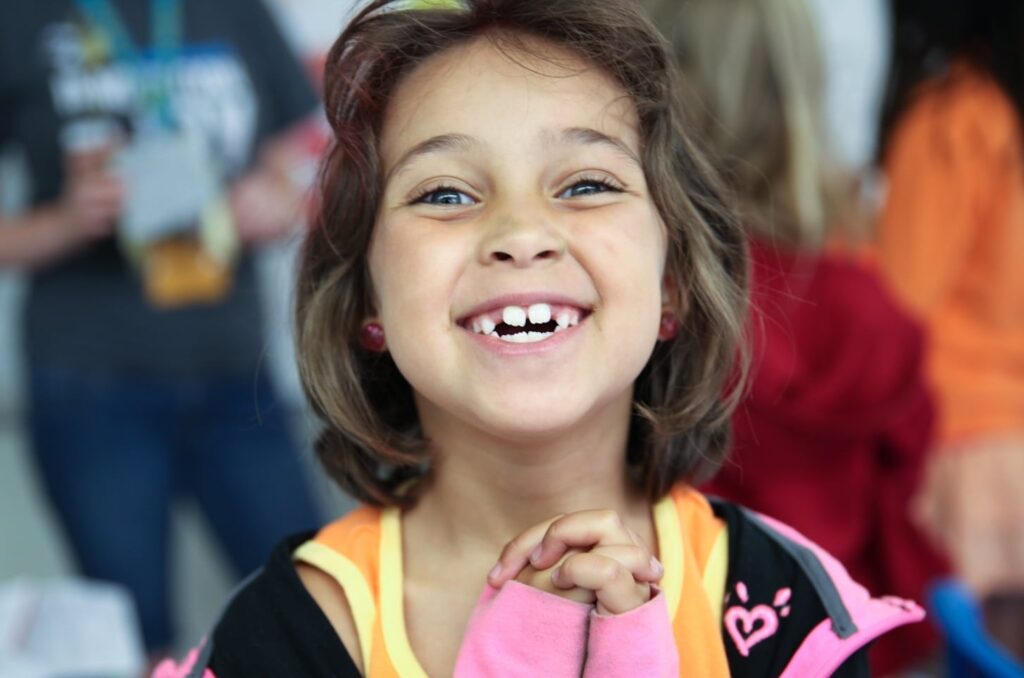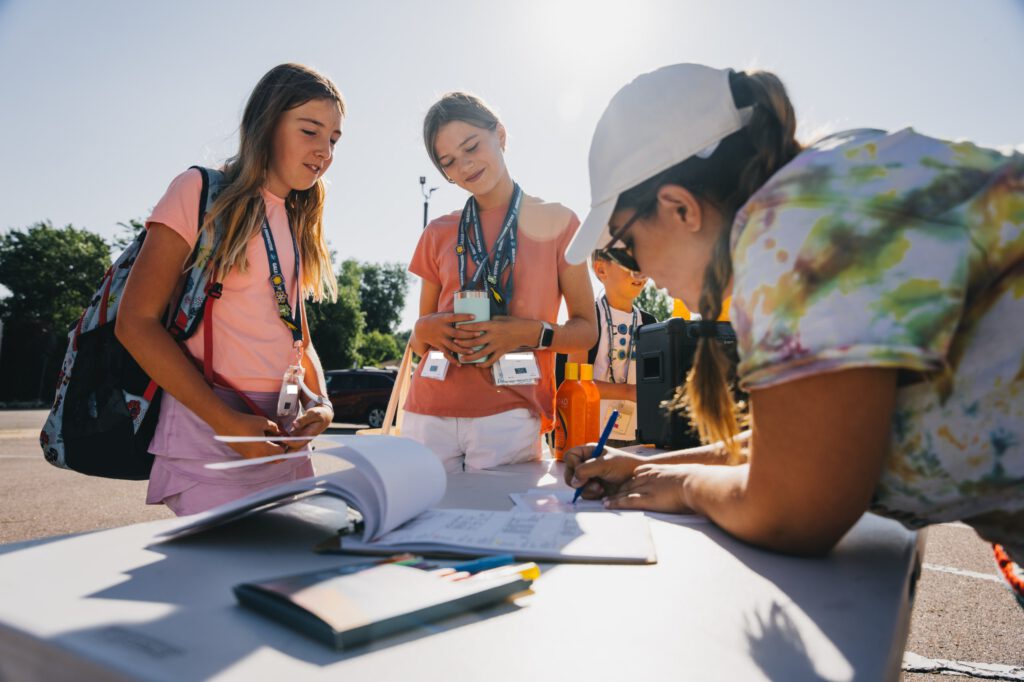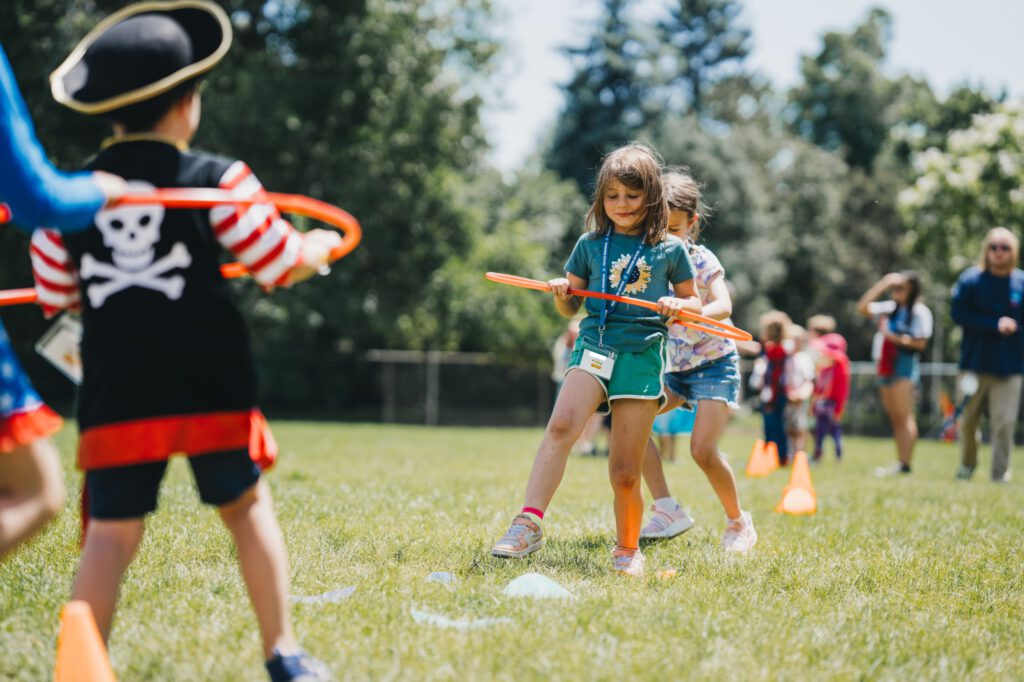Humans are creatures of habit, and kids are no exception. From big changes like moving to a new town or beginning a new school year to smaller ones like leaving the park for the afternoon, transitions aren’t always easy.
For the past couple of years, we have modified their way of life to protect ourselves and others from Covid-19. As many families now emerge from their homes and rediscover elements of pre-pandemic life, it’s important to consider how this change might affect kids. For example, for a six-year-old, the most recent 25% of their life experience has been set against the backdrop of their Covid-adjusted lifestyle.
While the prospect of allowing children to rejoin their friends and peers in-person is exciting for kids and grown-ups alike, the change may also bring feelings of anxiety and overwhelm. The good news is that with the right support, parents and caregivers can help their children change gears and navigate post-quarantine transitions.
Start a Conversation
Families can normalize that things might not feel “back to normal” right away. Help kids manage your kids’ expectations for themselves with an open conversation, emphasizing how humans need time to get used to changes.
For kids nervous about changing guidelines and restrictions, caregivers might say things like, “At camp, you’ll wear a mask all day just to be safe. Last year, there were a lot more people who had the coronavirus than there are now, so we were more careful to stay away from other people. It feels safe to us now for you to be close to lots of people, because there aren’t many people around here who have the virus. That’s why things are different now.”
For kids who are old enough to remember life pre-Covid, caregivers might say things like, “I know you’re so excited to go back to camp and be around other kids all day. Finally! I bet you’ll be really tired and cranky after your first day, because you’re just not used to being with people in person.”
Language like this can help families talk about how people need a little time to get used to things, and how that’s not necessarily bad. Working together to anticipate and name the things that kids might encounter can help them take these feelings in stride if and when they come up.
Ask Great Questions
Just about any kid transition comes with questions: Are they learning? Do they have friends? Are they happy? Is there anything in particular happening during all those away-from-home hours you should know about? This curiosity may be particularly heightened with families spending more time apart than they have in months. What’s more, kids may need a little extra help making sense of their experiences and feelings in a time of transition.
Adults can support their kids in communicating how they’re feeling by asking awesome questions. Rather than the standard, “How was your day?” use some of these strategies to level up your dinner table conversation:
Create Consistency
If your child is facing a big transition, like starting a new summer camp or returning to school, work together as a family to keep as many other elements of the day and week the same. This might look like:
- Consistent wake-up and bedtime schedules that allow for lots of rest
- Eating meals at around the same time every day
- Turning off devices and screens an hour before bedtime
- A fun family tradition kids can count on, like Friday board games or movie night
Change can be hard, but the foundation of a solid routine can help kids find consistency—and their footing.
Give ‘Em Space
Sometimes after a long day, what you need most of all is 30 minutes to yourself. The same is true of kids! Even if their big day back is a smashing success, it’s possible that your child will return home exhausted—physically, socially, or both—and might need some quiet time with a book to recharge their batteries.
If your kiddo seems wiped out, ask them if they need some solo time, then do your best to honor their answer until they’re feeling more energized. You may be eager to hear all about their day, but waiting an hour until they’re ready to talk just might lead to a much easier conversation for both of you.



